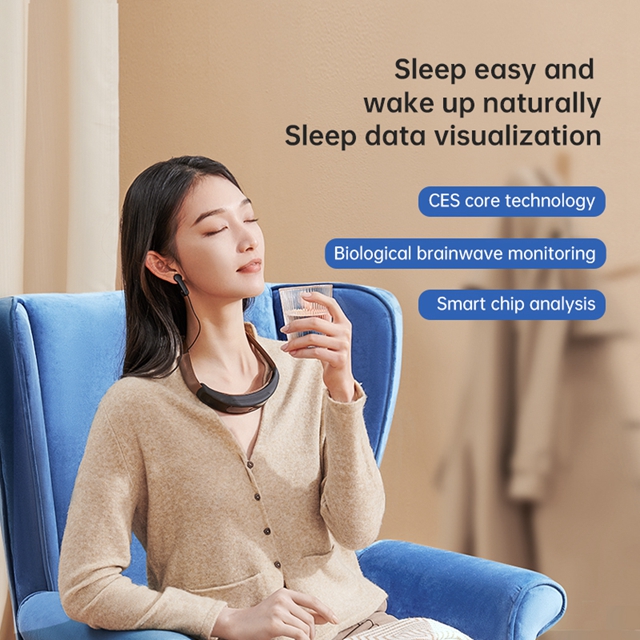
Disposable blood oxygen sensor helps medical technology innovation and improves medical experience
2024-03-21 00:04:21
Enhancing Medical Experience through Innovative Technology

Disposable blood oxygen sensors are playing a vital role in revolutionizing medical technology innovation and improving the overall medical experience for patients. These sensors are designed to measure the oxygenation level in a patient's blood non-invasively, providing accurate and real-time data to healthcare professionals. With their compact size, ease of use, and cost-effectiveness, disposable blood oxygen sensors have become an integral part of modern healthcare systems.
Advantages of Disposable Blood Oxygen Sensors
Disposable blood oxygen sensors offer numerous advantages that make them a valuable tool in medical technology:
1. Non-Invasive Monitoring: Unlike traditional invasive methods, such as blood sampling, disposable blood oxygen sensors allow healthcare professionals to monitor patients' oxygenation levels without causing pain or discomfort. This leads to a more positive and comfortable experience for the patients.
2. Real-time Data: These sensors provide instant and accurate real-time data on a patient's blood oxygen levels. This information is crucial in making timely and informed decisions regarding the patient's condition or treatment plan.
3. Easy to Use: Disposable blood oxygen sensors are designed with simplicity in mind. They can be easily attached to a patient's finger, earlobe, or forehead, and the data can be instantly displayed on a monitor or medical device. This ease of use enables healthcare professionals to quickly assess a patient's condition even in busy clinical settings.
Applications of Disposable Blood Oxygen Sensors
The versatility and precision of disposable blood oxygen sensors have led to their widespread adoption in various medical fields:
1. Critical Care Settings: In intensive care units (ICUs) and emergency departments, disposable blood oxygen sensors are extensively used to monitor patients with respiratory distress, trauma, or critical illnesses. These sensors provide vital information that helps healthcare professionals manage and stabilize patients effectively.
2. Home Healthcare: Disposable blood oxygen sensors have made it possible for patients with chronic respiratory conditions, such as asthma or chronic obstructive pulmonary disease (COPD), to monitor their blood oxygen levels at home. This allows for early detection of any abnormalities and facilitates timely intervention or medical consultation.
3. Sports Medicine: Athletes and sports enthusiasts can benefit from disposable blood oxygen sensors during training and performance monitoring. These sensors help assess the oxygenation level during physical exertion, allowing athletes to adjust their training regimen or performance strategy accordingly.
Conclusion
Disposable blood oxygen sensors have revolutionized medical technology and significantly improved the medical experience for patients. With their non-invasive nature, real-time data monitoring, and ease of use, these sensors have become indispensable tools in healthcare settings. From critical care units to home healthcare and sports medicine, disposable blood oxygen sensors are paving the way for more accurate and efficient patient care. As technology continues to advance, it is anticipated that these sensors will further evolve, making healthcare more accessible and patient-centered than ever before.
Get the latest price? We'll respond as soon as possible(within 12 hours)




